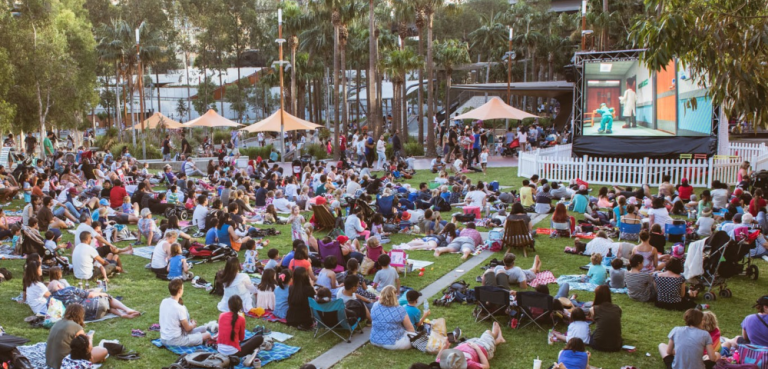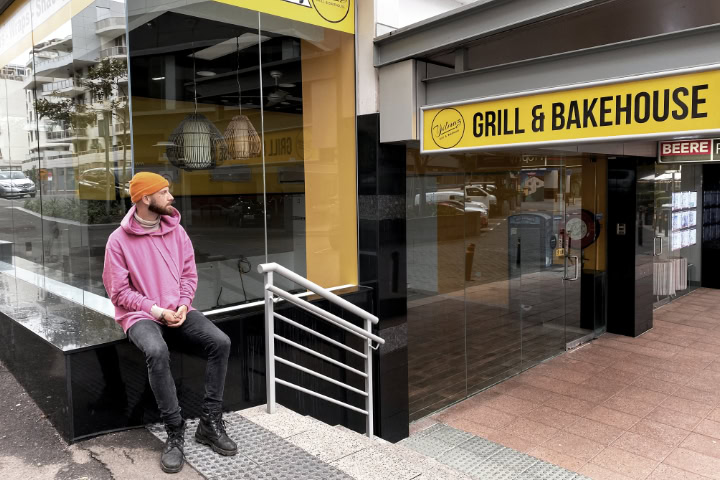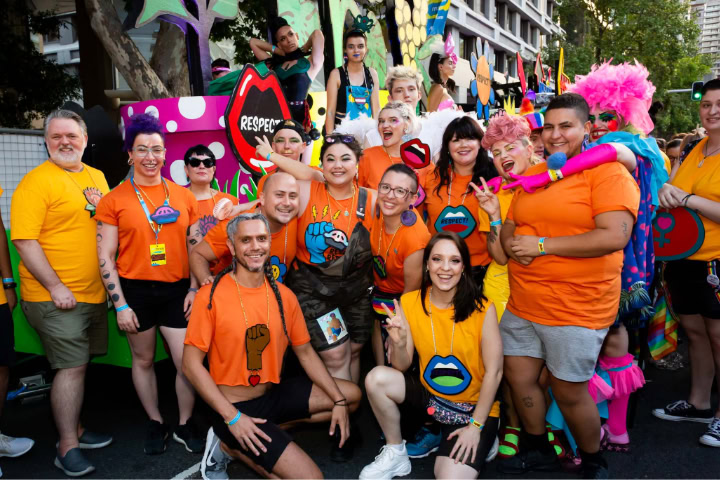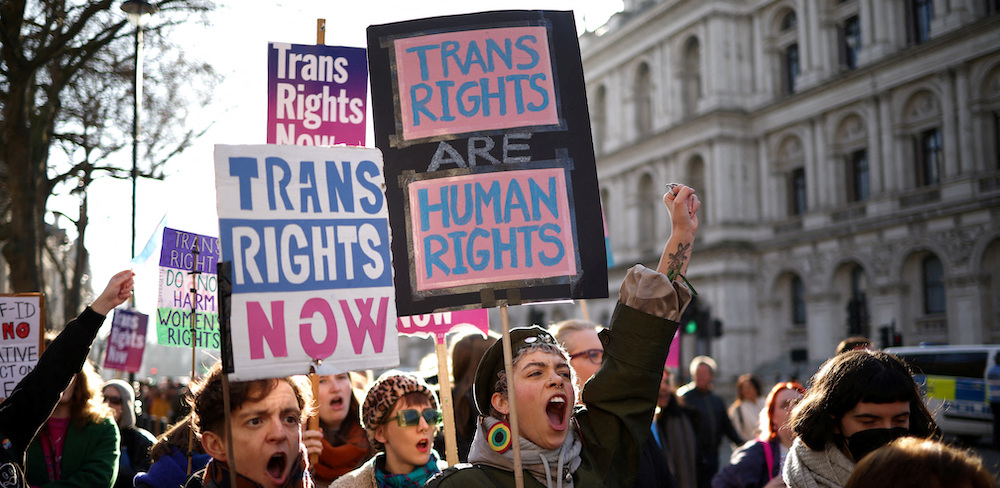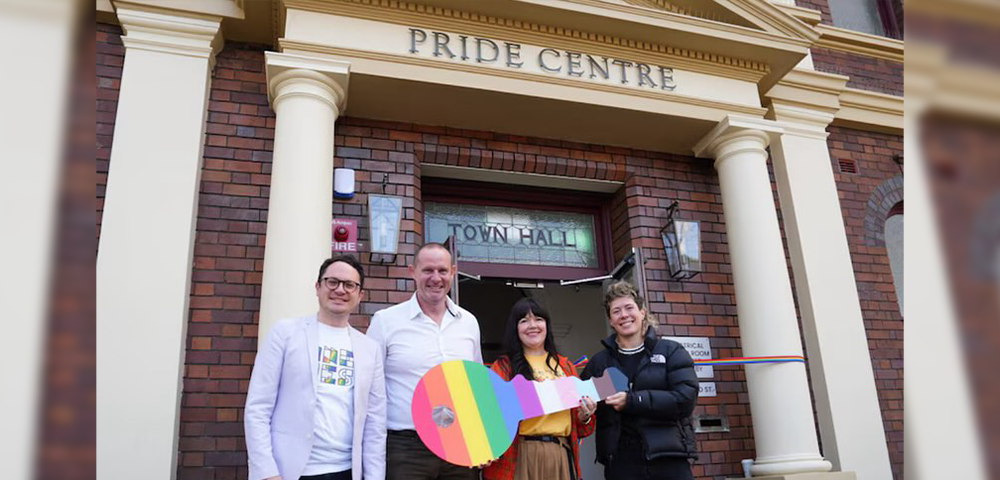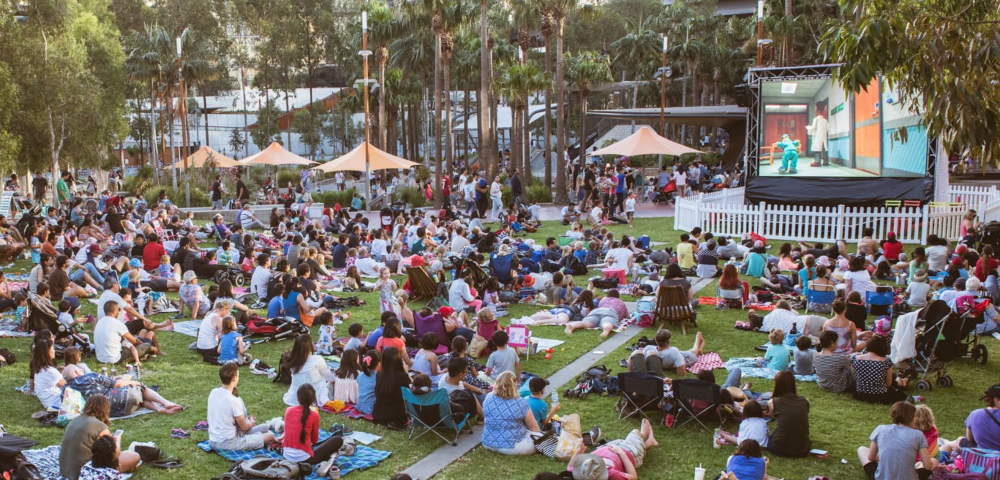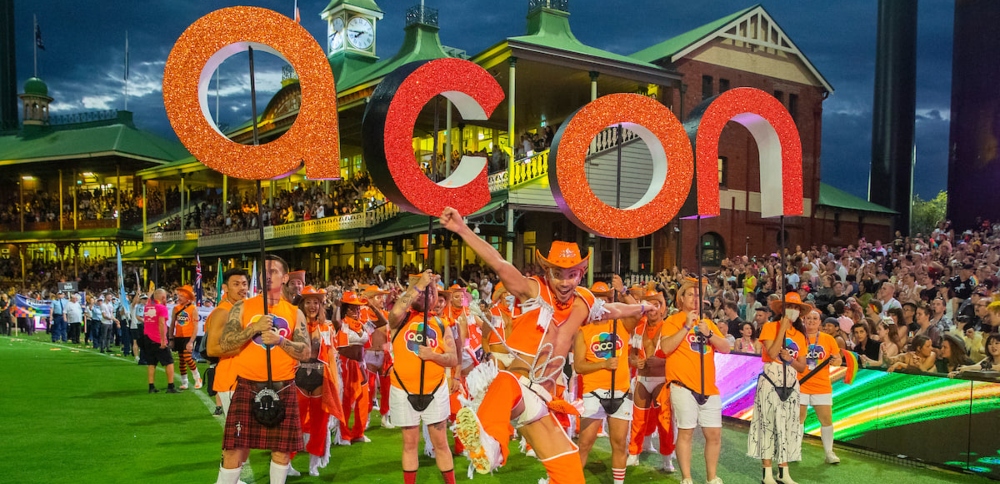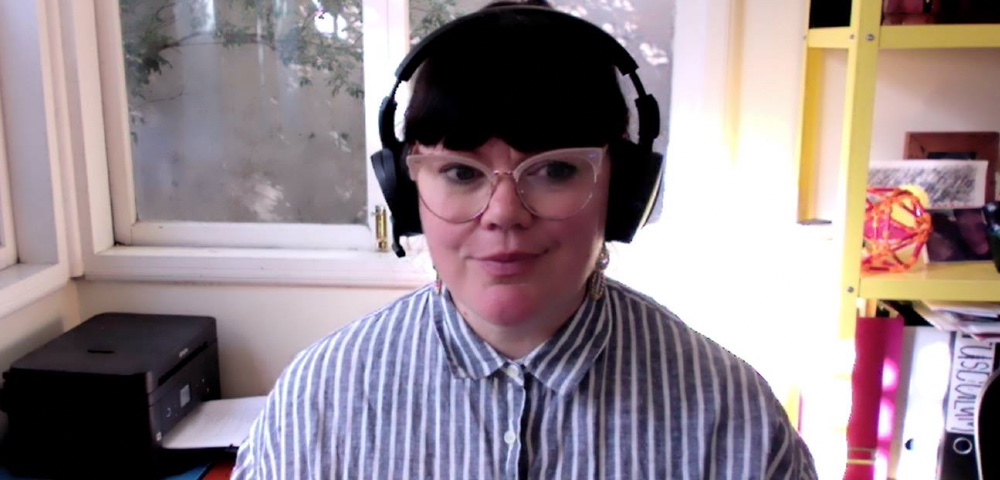
Becoming the supportive bystander
How many times in the past year have you read a story of a young person taking their own life because of bullying related to homophobia or transphobia?
How many times have we heard about or seen for ourselves the harm caused to someone who is struggling with their identity, finding their place to fit in the world? How many times have we felt that struggle ourselves? The feeling of needing to overcome that little voice inside of us, that is too often homophobic.
How many times are we willing to be passive bystanders as we see others struggle in the hardest of ways to become accepted members of our communities? When we’re talking about bullying and violence, a passive bystander is someone who sees bad behaviour and watches silently — someone who takes the side of the bully by laughing at their taunts or passing on texts or messages.
A passive bystander is someone who knows something damaging is happening but doesn’t know what to do, so chooses to do nothing.
After reading this week about another young man (14 years old, in fact), Jamey Rodemeyer, who killed himself after relentless bullying at school and online, I am challenging you all to become supportive bystanders.
Irrespective of your age, your profession, your passions or affiliations, we all need to model the changes we want to see in our world. The changes I want to see revolve around the ideals of acceptance and equality. Not revolutionary, I know, but until we can all actively practise these values in our daily lives, how can we expect the rest of the world to follow suit?
So what does that mean?
I’m asking you to lead by example. I’m asking you to tell your friends and colleagues that bullying is not OK and that it is not something you will be a part of. I’m asking you to take the time to ask people if they are indeed OK, when you have seen something happen or suspect it might have.
Even on those days when you are too tired to care and that little voice inside your head is louder than usual. It’s on those days when you may be able to make a big difference in the life of someone around you — or they in yours.
By REBECCA REYNOLDS
INFO: www.twenty10.org.au

